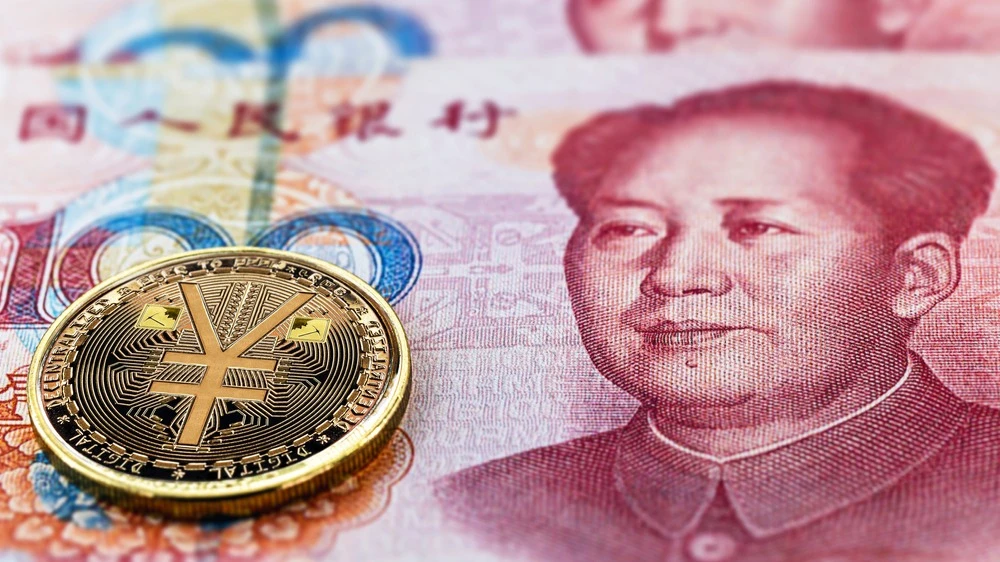China wants to legalize yuan-backed crypto assets - Reuters
Beijing banned cryptocurrency circulation and mining back in 2021

China wants to allow yuan-backed stablecoins for the first time, Reuters reported, citing sources. This is a fundamental reversal in Beijing's policy toward cryptocurrencies. China banned transactions with them four years ago out of concern for the stability of its financial system.
Details
China's State Council, the country's top executive body, will review and possibly approve in August a roadmap to expand the global use of the yuan, including measures to close the gap with the U.S. in the stablecoin space, Reuters interlocutors said. They said the plan would include quantitative targets for the use of the yuan in global markets, allocation of authority among domestic regulators, and risk management recommendations. Details of the plan could be released in the coming weeks.
A Reuters source said that China's top officials plan to hold a working session in late August on promoting the yuan as a global currency and the use of stablecoins. As part of this meeting, it is expected to announce strategic guidelines on the permissible scope of application and further development of stablecoins in business practices, the source said.
What this means for the market
Stablecoins are a type of cryptocurrency whose exchange rate is usually pegged to fiat currencies. They are widely used by crypto traders to transfer funds between different tokens.
Approval of the plan for the use of steiblcoins will mean a major turnaround in Beijing's policy on digital assets - since 2021, cryptocurrency transactions and mining have been banned in China. Reuters attributes the intention of the Chinese leadership to legalize steiblcoins to the increasing use by Chinese exporters of steiblcoins, which in 99% of cases are backed by the dollar.
According to the SWIFT payment platform, the share of the yuan in global settlements in June fell to 2.9% - the minimum for the last two years. At the same time, the dollar's market share amounted to 47.2%.
Context
China's neighbors are already taking active steps to introduce digital assets linked to hard currencies into trade: South Korea has promised to allow the issuance of stablecoins based on the won, and similar initiatives are being implemented in Japan.
Hong Kong's long-awaited Stablecoin Ordinance went into effect on August 1, making the region one of the first in the world with such a regulatory framework. In turn, Shanghai is setting up an international operations center for the digital yuan. According to Reuters' sources, it is Hong Kong and Shanghai that will be the pilot cities for accelerated implementation of the new plan.
According to calculations of CoinGecko service, the global market of stablecoins is currently relatively small and amounts to about $247 billion. However, according to estimates of Standard Chartered bank, it may grow to $2 trillion by 2028, notes Reuters.
This article was AI-translated and verified by a human editor
